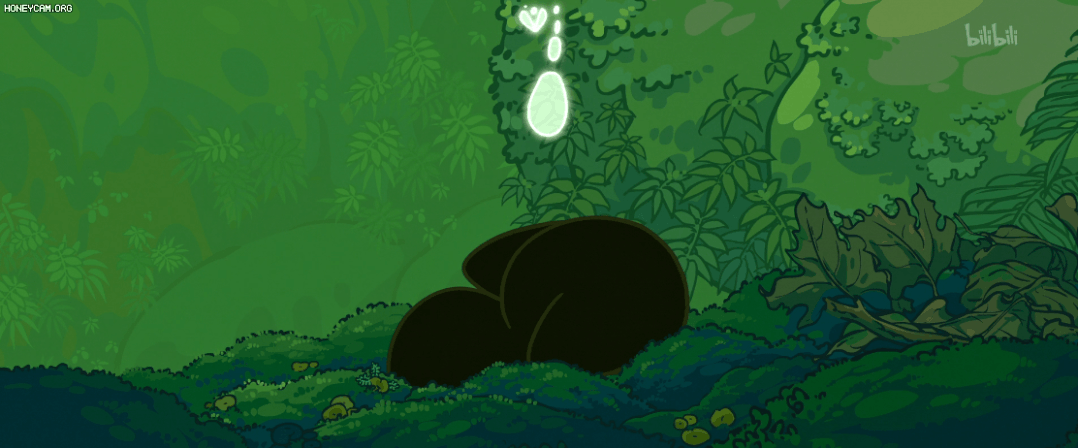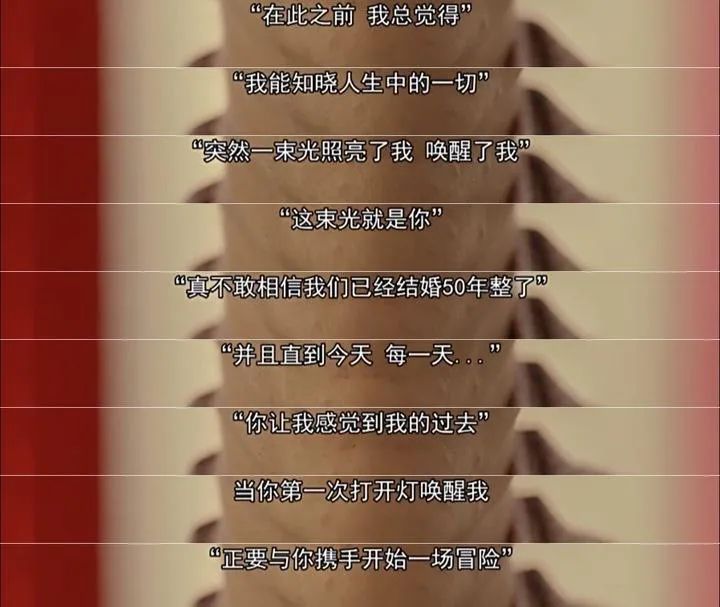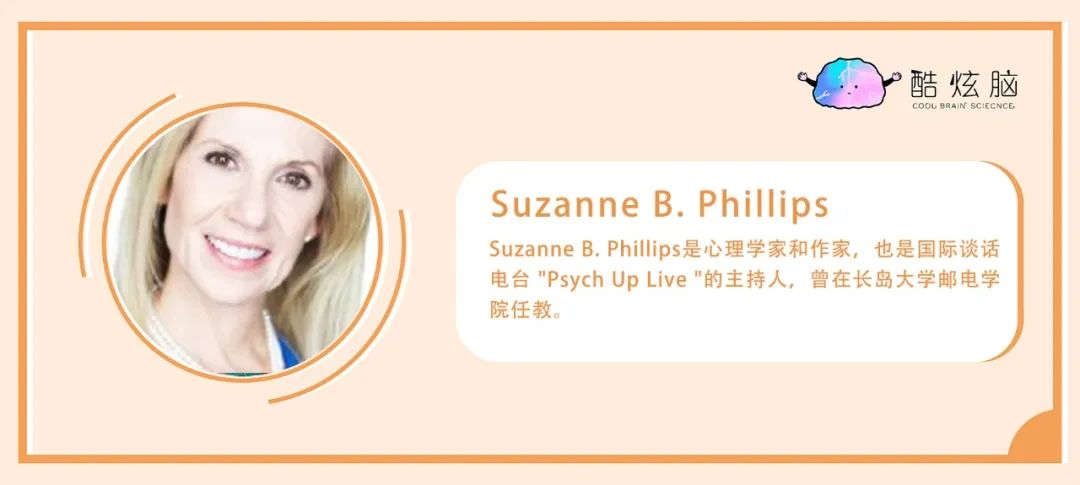Do you know the jealousy in your relationship?
Author:Cool brain Time:2022.07.27


Via: pixabay
The following is the audio of the full text of Miss Sister
Author | Suzanne B. Phillips
Translation | Caroline
Grade -Cool Brain Creative
Reading | Pigeon Tsai
Artist | Old carving worm
Edit | Sales increase
1. Jealousy is a complex emotion, with different reasons and different consequences.
2. Men and women are jealous, but the way is different. Men's infidelity to sex is more jealous, and women are more jealous of emotional infidelity.
3. The source of your jealousy may originate from individuals or interpersonal relationships, which depends on your self -awareness and trust.
4. The impact of jealousy on your relationship can be constructive or destructive -it can be a symbol of love and desire, or a threat to stability and relationships.
As long as there are men, women, and close relationships, there will be jealousy: everyone is afraid of losing the person you love.
Both romanticism and literary works since ancient times praise jealousy as a sign of true love.
"People who are not jealous are not in love."
They also linked jealousy with pain, distrust, anger and distress.
"There is no greater glory than love, and there is no greater punishment than jealousy," said Lope De Vega.
In the actual life of husband and wife, jealousy is a complicated emotion, with different reasons and different consequences. Although it can re -confirm love and even create temptation, it can also attack self -esteem, reflect betrayal, prove the rationality of possessive desire, and lead to violence.
Where is jealousy in your relationship? Is it experienced in constructive or destructive way?

Via: "Her"
Recognize the reality
According to David Buss in the book "Why Jealousy Is as a NECESSARY As Love and Sex", men and women have jealous psychology, which is a way to solve the problem of breeding and survival. At the earliest, men must let his partner do not have sex with his opponent to ensure ownership of future generations. Women "understand" their own children (this is yes) physically. They need to keep their men's attention and love, so that they stay away from their opponents to ensure that men's protection and meetings of children's survival needs.
The above understanding seems to have a certain rationality. BUSS found that in the study of men and women in sexual commitments, men's response to sexual infidelity was even more jealous; women's response to emotional infidelity was even more jealous-thinking that their partners might "love" others This is the most uneasy side of women who betrayed.
At the same time, cultural anxiety upgrades the exaggerated icon and images of the exaggerated sexual perfect icon and images through endless bombing, making jealousy and fear of perfect opponents. In the context of the high divorce rate, we are constantly reminded that things that belong to us are optional and can be replaced. "Maybe your relationship itself is not worth repairing!"
Contact and affirmation
In this cultural background, connection and affirmation have become very valuable. At a seminar attended by many husbands and wives, everyone reacted to the episode of the episode of the underwear catalog and his wife's response to his comments.
"Hey, some things look good. You should be the next order".
"What looks so great? Is this girl or her clothes?"
When dealing with this question, the answer given by a man is "The reason I like to see these albums is to see what you put on", which is greatly helpful for their partners.

Via: "Her"
Understand the source
If you find that you are jealous because of your other half, but your other half does not seem to give specific reasons to make you feel this, you may have the urge to reflect on yourself.
Ester Perell proposed in her book "Mating in Captivity" that we often turn the focus to the object of our love, not our own ability to love.
Do you feel that you have the ability to make your partner feel loved, liked, desire and safe?
Do you threaten your partner and work friends, neighbors or sports teammates?
Is your concern driven by your own self -criticism, boredom or dissatisfaction?
Since you have children, do you feel too fatigue, feel lonely after retirement, and have been isolated because of working at home? Does your partner know your above feelings?
It is understood that all the above situations may reduce your confidence, increase your possessiveness, and worry that your partner will be snatched by others.
When the partner is not the only source of affirmation-when you can feel the support of friends, get the consultation from a professionals, or participate in the activities of your life again, there will often be a positive emotional transformation into self-feelings, changing you to change you, change you Feel on yourself and partner.

Via: "Luo Xiao Hei Battle"
Some things are wrong!
Although most of us have an inherent denial of the possibility of betraying our person we love, sometimes it is difficult to ignore a continuous feeling, that is, "something is wrong", and that "wrong person" It is between your intimate relationship. Some people's reactions are indirect. They use evasion, negative ridicule, criticism of other things, and even competitive flirting-none of these will cause the partner's mind.
Some people collect evidence and find other supporters. They tried to relieve their fear of losing. This is understandable, because people often need a microphone; but excessive sharing with many people will complicate reality and bonds that you need to think and you may re -establish.
Some people decide to use their doubts as an information point. They take action and re -obtain relationships and intimacy. Sometimes, Needless to say, they take the initiative to let the other party participate, plan some different things, and hope to bring active response to peers. Many times, this does happen.
Most people are used to facing partners with suspicion and worry, and ignoring this may make people feel scared and uneasy. Some people warn that if you don't want the answer, don't ask this question.
However, in terms of real relationships and healing, clarification of reality is usually in line with the best interests of both parties.
Via: "Her"

Facing the root of jealousy
When confrontation is performed in a screaming, except for making your partner a victim, it has almost no benefits.
When facing the partner's obscure and deception, sooner or later you decide what or live in a unhappy way. When jealousy is an attached damage to the previous betrayal of the partner, it may be the source of the pain and controversy of both parties, or remind the other party what is different now, what they have learned, and what compensation has been made. When confrontation makes dialogue possible, it can be a step of evaluation, repair or reconstruction.
Via: "Her"

When is jealous?
Regardless of the provocative, when jealousy becomes a compulsive vigilance and threatening possessiveness, it will make you and your partner unable to live in a free and healthy way, and it is toxic about any relationship.
If your partner does not choose the freedom to be with you-you have no partner, you have a prisoner. If you can't help but check your partner endlessly, you are not in a relationship-you are following him.
On the other hand, if you continue to betray your partner, blame him/her jealousy-your demand for the relationship is at the cost of harming everyone.
If you stay in a relationship that is based on a relationship of fear of losing competitors, this relationship may have nothing to do with love, and it has a lot to do with lack of real connection and happiness.
Whenever, professional help and external support are necessary and critical to both partners.
When is jealous?
When you see or interact with your partner, the kind of pride and possessive commotion you feel is constructive jealousy.
This is a pleasure in the relationship, and it is also a consideration of your partner as an important and desirable happiness. It is the interdependence that trusts the other party's love.
Constructive jealousy is driven by connection and confidence. Sadly, if either party has never aroused jealousy, you will feel the indifference of the other party.
Tuyuan Internet

Reduce destructive jealousy and build constructive jealousy
If you avoid jealousy to stick to each other at all times, the cost of this solution is a bit expensive. You may really be difficult to "do a daydream" to a partner who has never left you, but it is difficult for you to develop trust before. So what kind of approach is correct?
1. Increase psychological tolerance. If your relationship is precious to both of you, then there is a way to keep your love close to your friends, teammates, neighbors and colleagues while maintaining love.
2. Your partner may not be with you at work, tennis court or on political rally, but when you are in a solid relationship, everyone who knows you knows that you have an important partner. Conversely, your partner often understands people who work with you through your sharing, your interest in them, and even your difficulties. In this way, your partner feels that you are the internal staff of you and the people in your life. On the other hand, if people in the outside world have never heard of your important partners, or only hear criticism or disappointment of this person, and your important partner never heard what happened in other corners of your life Interesting things, there will be disconnection, loss, distrust, and destructive jealousy.
3. Use the power of touch. Studies have confirmed the power of touch, which can calm down, regulate and reduce the sense of social exclusion. In fact, it can effectively buffer the jealousy of the partner with anxiety and attachment, and calm their struggle in jealousy.
Via: "Her"

Reference (click slide to view)
Feeney, B. C., Jakubiak, B. K. (2018). Touch Reducess Romantic Jealous in The Anxiously Attached. Journal of Social and Personal Relationships, 35 (7), 1019-1041.
3. Perl, e. (2007). Mating in Captivity: UnLocking Erotic Intelligence (p. 272). New York, NY: Harper.
4. BUSS, D. M. (2000). The dangerous passion: why jealousy is as a log and sex. Simon and Schuster.
Cool brain long -term collection of brain science and psychological articles, welcome to submit

Please submit a mailbox: [email protected]
Click here, let friends know that you love brain science
- END -
Embracing the "New Blue Ocean" of entrepreneurs -Taiyuan Second -hand item trading market survey (below)

Under the new concept of saving and low -carbon environmental protection, the seco...
Nanyang City held a special event of 100 million online recruitment activities

On June 24th, the launching ceremony of Stable Employment, You and Me and the 100 ...